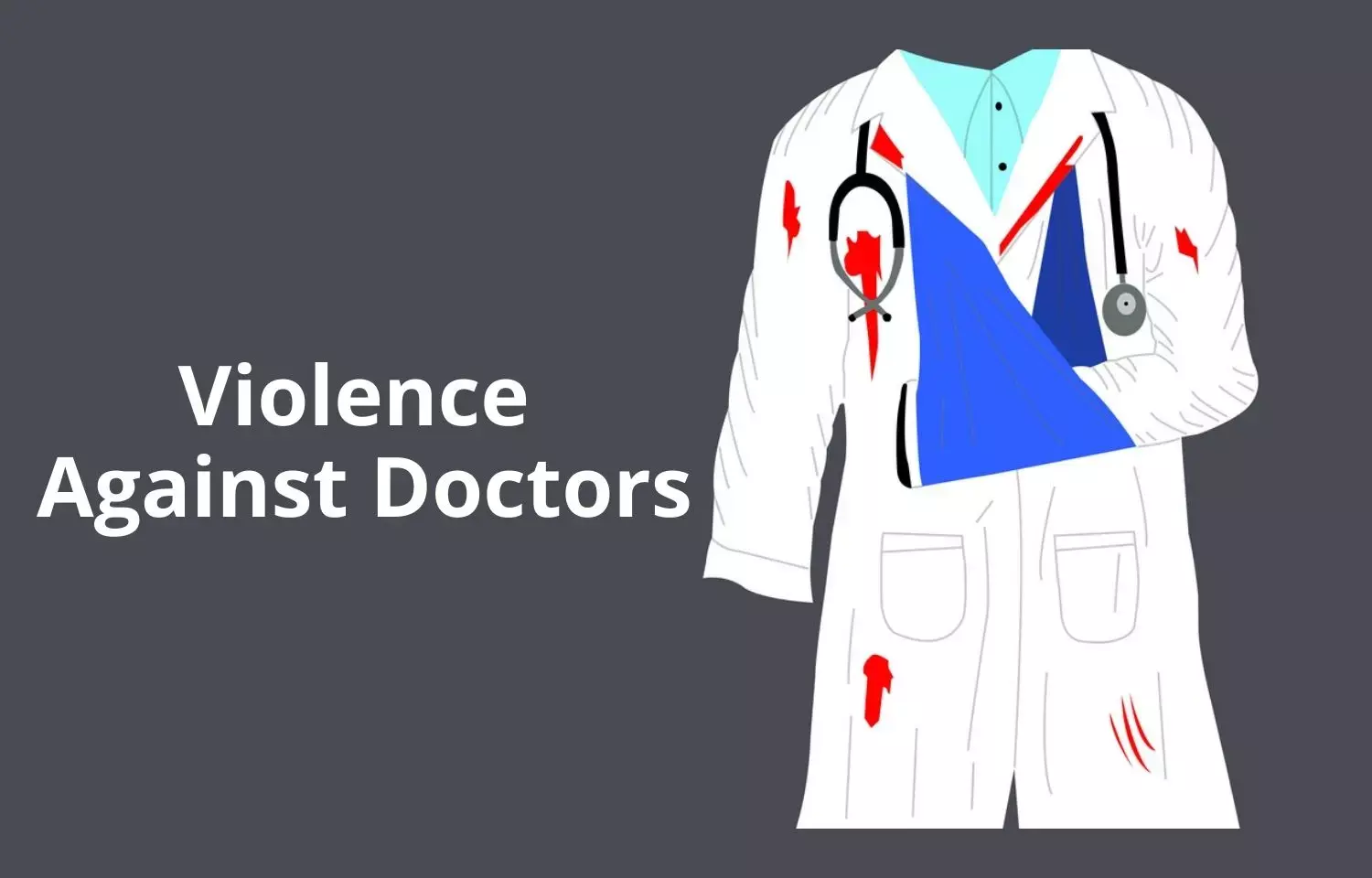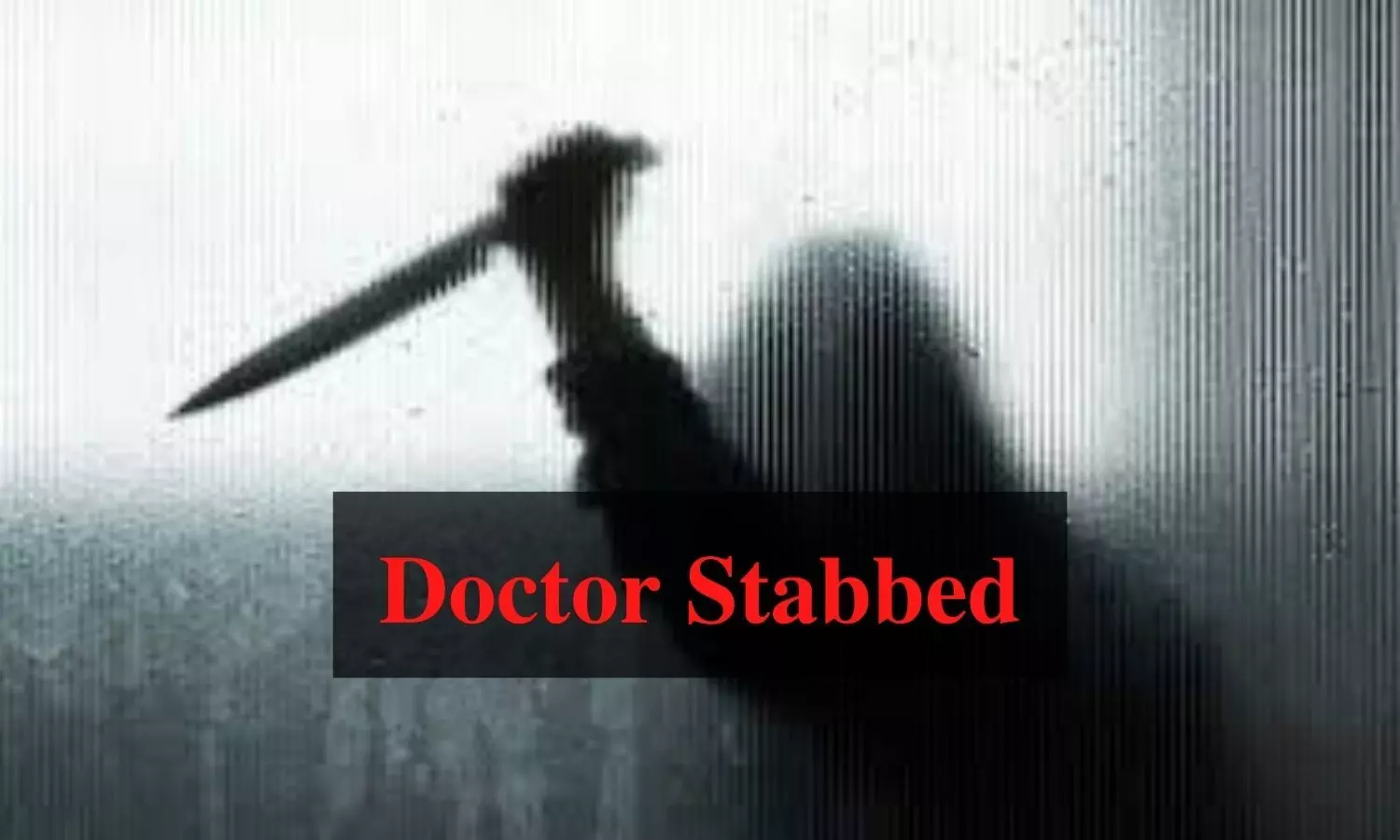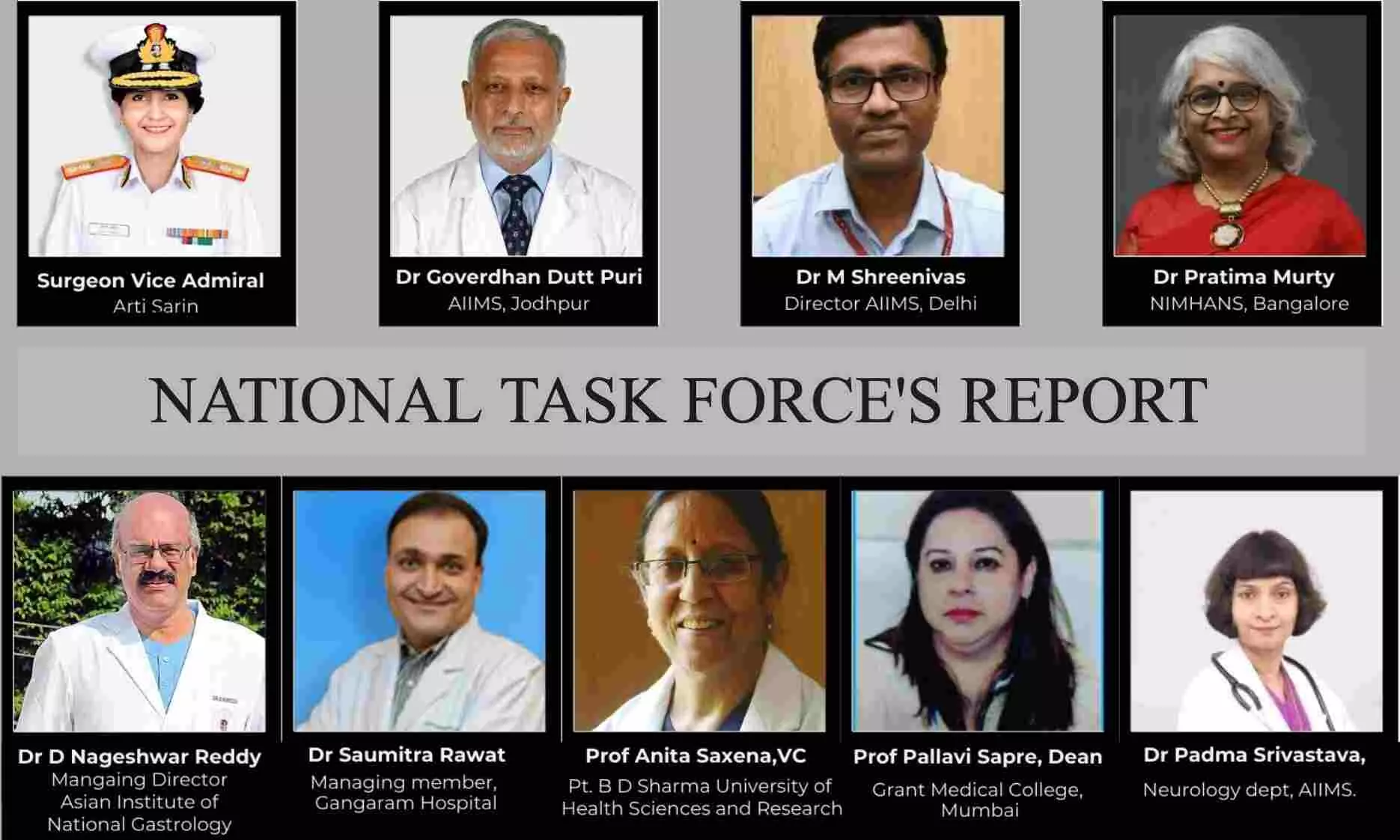- Home
- Medical news & Guidelines
- Anesthesiology
- Cardiology and CTVS
- Critical Care
- Dentistry
- Dermatology
- Diabetes and Endocrinology
- ENT
- Gastroenterology
- Medicine
- Nephrology
- Neurology
- Obstretics-Gynaecology
- Oncology
- Ophthalmology
- Orthopaedics
- Pediatrics-Neonatology
- Psychiatry
- Pulmonology
- Radiology
- Surgery
- Urology
- Laboratory Medicine
- Diet
- Nursing
- Paramedical
- Physiotherapy
- Health news
- Fact Check
- Bone Health Fact Check
- Brain Health Fact Check
- Cancer Related Fact Check
- Child Care Fact Check
- Dental and oral health fact check
- Diabetes and metabolic health fact check
- Diet and Nutrition Fact Check
- Eye and ENT Care Fact Check
- Fitness fact check
- Gut health fact check
- Heart health fact check
- Kidney health fact check
- Medical education fact check
- Men's health fact check
- Respiratory fact check
- Skin and hair care fact check
- Vaccine and Immunization fact check
- Women's health fact check
- AYUSH
- State News
- Andaman and Nicobar Islands
- Andhra Pradesh
- Arunachal Pradesh
- Assam
- Bihar
- Chandigarh
- Chattisgarh
- Dadra and Nagar Haveli
- Daman and Diu
- Delhi
- Goa
- Gujarat
- Haryana
- Himachal Pradesh
- Jammu & Kashmir
- Jharkhand
- Karnataka
- Kerala
- Ladakh
- Lakshadweep
- Madhya Pradesh
- Maharashtra
- Manipur
- Meghalaya
- Mizoram
- Nagaland
- Odisha
- Puducherry
- Punjab
- Rajasthan
- Sikkim
- Tamil Nadu
- Telangana
- Tripura
- Uttar Pradesh
- Uttrakhand
- West Bengal
- Medical Education
- Industry
Even as task force says No need, Doctors body step up demand for Central Law on Violence Against Doctors

Doctor Assaulted
Delhi: Even though, the national task force constituted by the apex court said that there is no requirement for a separate law or Central Protection Act, the doctor associations have stepped up their demands asking for a central law.
The move came in light of the recent incidents of attacks on medical professionals by the kin of patients. Medical Dialogues has reported four such cases of brutal attacks on doctors in just this one week
In Chennai, an oncologist on duty at Kalainagar Centenary Hospital was stabbed seven times by a patient's son. After receiving several stab wounds in his neck, head, and upper chest, the doctor was rushed to the ICU in critical condition. The next day after that an Assistant Professor in the Psychiatry Department at Government Stanley Hospital was assaulted by a patient while attending to other patients in the outpatient ward.
Moreover, a brutal assault was reported from Indore's Maharaja Yeshwantrao Hospital (MYH) where 7 doctors and other staff were attacked with belts, rods, and sticks over the non-availability of a bed. In Mumbai, a 40-year-old female medical officer and staff of Rajawadi Hospital were reportedly physically assaulted and verbally abused by a patient's relative. The incident occurred following a dispute over the decision to place the patient on a ventilator due to a decline in his health.
All these incidences have taken place in this week itself.
In light of the recent incidents of attacks on doctors, the Federation of All India Medical Students’ Association (FAIMA) has demanded a unified protection act for doctors to ensure the safety of doctors. FAIMA has sought details of incidents of attacks on resident doctors and to present them to the respective governments.
Speaking to Medical Dialogues, FAIMA general secretary Divyansh Singh, who is also the president of the Resident Doctors Association of King George’s Medical University, Lucknow, stated that FAIMA is trying to collect information about the ongoing and pending cases of violence against doctors and the association will approach the state resident doctors’ associations and other medical bodies to collect information regarding the same.
“We want a Central Protection Act which will be applicable for every corner of the country. People have normalized such incidents of assault on doctors. In the last month, there have been several incidents of attacks on doctors, especially on on-duty doctors. We have to understand that this is not just the problem of a particular state, we have recently seen cases of extreme violence in the Chennai attack where an on-duty oncologist was attacked, and in Kolkata also where the female doctor lost her life. Hence, this is a national problem,” he added.
He further added, “We are not trying to pin the blame on the patients; after losing their loved ones, it is always hard to accept the truth. If we are trying to give our best service and save lives, we should at least get the assurance of safety from the government. We are trying to collect the details of such attacks and present them to our respective state governments after which we will also approach the central government for the Unified Protection Act.”
“We need to understand that a doctor completes his MBBS from one place after which he might pursue PG from someplace else and complete his residency from somewhere else. Under such circumstances, understanding the law of each state regarding the protection of medical professionals and taking a step accordingly within a short becomes a problem for the doctor who was already shaken by the assault,” he added.
Sanchari Chattopadhyay has pursued her M.A in English and Culture Studies from the University of Burdwan, West Bengal. She likes observing cultural specificities and exploring new places.




